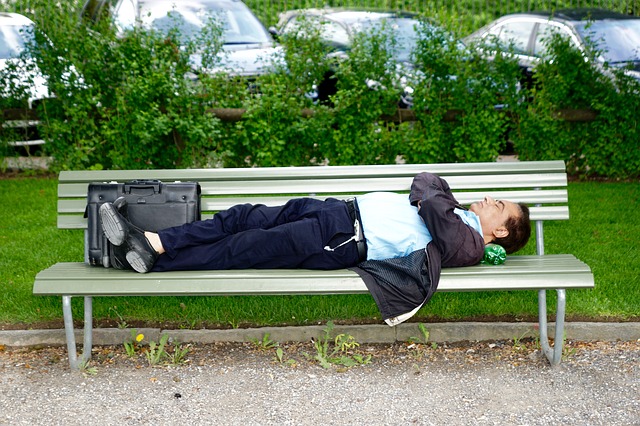Just like eating and breathing, sleep is essential for a healthy life. During sleep, your body repairs and revives your brain, heart, and body, getting them ready for a new day. However, most adults don’t get enough of it. Some people don’t make sleep a priority in their busy lives. Others lack good sleep habits—or sleep hygiene, which impacts their quality of sleep. And, many suffer from sleep disorders such as sleep apnea or insomnia.
No matter what sleep issue you have, lack of sleep can lead to a variety of physical and emotional health problems, and in some cases, even death. Fortunately, for most people, sleep deprivation can be fixed with a few simple holistic sleep behavior changes.
How Much Sleep Do I Need?
The amount of sleep you need is based on several factors, including your age. Most adults require about seven to nine hours a night. However, the best way to determine how much you need is based on how you feel. If you feel tired or drowsy during the day or have any of the symptoms described below, you probably need more sleep.
What Are the Symptoms of Sleep Deprivation?
Sleep is necessary to repair and revive your heart and brain. When you don’t get enough, you may suffer from some or all of these symptoms.
- Mood Swings. The likelihood of feeling depressed, burned out, or apathetic increases with sleep deprivation. It makes the daily challenges of life seem insurmountable. And, it heightens your response to daily stressors, making you less able to cope.
- Mental Impairment. Whether it’s giving a presentation, taking a test, or going about routine chores, research shows that without a good night’s sleep, your concentration and memory are likely to suffer. This contributes to poor performance at work and school and reduces your ability to succeed.
- Weight Gain. Lack of sleep makes you hungry. And, sleep deprivation is proven to lead to obesity.
- Injury from Accidents. Drowsy driving is responsible for 20 percent of all car accidents. Its impact on your cognitive and motor performance is equal to legally prescribed levels of alcohol intoxication.
- Serious Physical and Mental Illness. Over time, if left untreated, the effects of sleep deprivation can lead to chronic illness including high blood pressure, heart attack, stroke, heart failure, psychiatric problems and more.
How Can I Improve My Sleep Habits?
There are a variety of things you can do to help improve your sleep. Known as “sleep hygiene,” these practices will help you get on the right track to a good night’s sleep.
1. Get in bed and wake up the same time every day. This will help you set your internal sleep clock. Aim for the same sleep and wakeup times on weekends.
2. Skip caffeine, especially in the afternoon and evening. Caffeine is a stimulant and can keep you awake, even if you drink it several hours before bed.
3. Limit alcohol. While alcohol may make you tired, after a few hours in your system, it acts as a stimulant. This can lead to frequent awakenings and reduced quality of sleep.
4. Make your bedroom into a sleep haven. Maybe it’s time for a bedroom makeover. Remove the clutter and stimulation (including television and computer). Invest in black out shades to block light and a noise machine to lull you to sleep with relaxing sounds of rain, chirping birds or waterfalls. Keep your room cool and be sure to replace your mattress every 10 years.
5. Create a relaxing pre-sleep ritual. Take a warm shower or bath, read a book or listen to music. Say good night to your smartphone and computer at least an hour before you get in bed. That’s because the color blue on electronic devices acts as a stimulant.
What If These Tips Don’t Improve My Sleep?
If the above tips don’t improve your sleep, you may have better success in tackling your symptoms at a sleep clinic. At the Holistic Healing Heart Center’s Sleep Clinic, Dr. Cynthia and her staff take a holistic approach, using painless and noninvasive testing, to diagnose and treat sleep disorders such as sleep apnea and insomnia. To schedule a sleep consultation, call: 818-842-1410.





